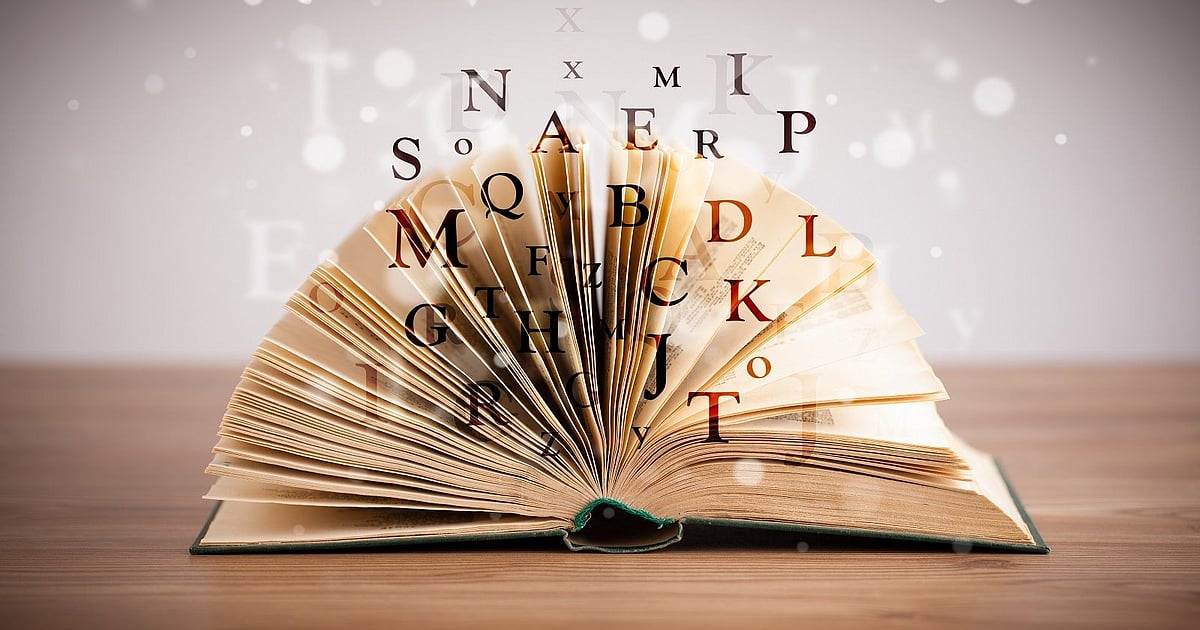
In keeping with the growing call for inclusivity in the English language, the Cambridge Dictionary has updated its entries for “man” and “woman” to include transgender people. While the British dictionary’s primary definition for “woman” remains “an adult female human being,” a second definition refers to “an adult who lives and identifies as female though they may have been said to have a different sex at birth.” Similarly, it defines “man” as “an adult male human being” and also “an adult who lives and identifies as male though they may have been said to have a different sex at birth.” An example sentence by the dictionary includes, “Their doctor encouraged them to live as a man for a while before undergoing surgical transition,” making sure to include the pronoun “they” used increasingly by non-binary persons.
Backlash from right-wing groups notwithstanding, the editors and lexicographers at Cambridge Dictionary are standing by their linguistic decision. For the uninitiated, professional lexicographers get to decide which words make it into the dictionary, and they do so by reading widely across industries and disciplines. Other dictionaries have made similar changes to terms around gender and gender identity over the years. In 2020, Merriam-Webster expanded its definition of “female” to include “having a gender identity that is the opposite of male” – that change also drew criticism from conservatives.
Gen Z in support
The additions are also an indication of the evolution of English language. “These changes reflect just how much the English language keeps growing and changing. Language is a measure of culture, but it’s also a measure of time,” says linguist and translator JV Prasad. It’s also a sign of how identity politics is creeping into the way a dictionary defines words.
However, Gen Z is celebrating these changes. “This was long overdue. Gender is an important part of our identity, and how we feel is how we identify,” says 22-year-old post-grad student Purva Gawde.
Himanshu Verma, 25, an HR executive at a tech firm, says, “Everything is changing so rapidly; language has to keep up. I am straight but I have friends who identify as trans and non-binary. They have a need to fit in as well.”
So serious are zoomers and millennials about this that last year, otherwise-beloved Harry Potter author J K Rowling faced the heat. When she mocked the use of the term ‘people who menstruate’ to define women, she was “cancelled” by many young people, including many of the actors from the Harry Potter films.
Adding new words
Lexicographers or dictionary editors read widely across mediums, and engage in a process called “reading and marking”. Once a new word or phrase has been marked, editors enter it into a computer system. They also create a citation, which includes three things: the word or phrase, an example of the word or phrase used in context and bibliographic information about its source. Before a new word can be added to the dictionary, editors must find enough citations to prove it is widely used. “Language is fluid, it adapts according to the time and culture. That’s why new words are added to official dictionaries every year,” says Prasad.
Top 10 new words added to the dictionary in 2022
Cancel Culture: The practice or tendency of engaging in mass cancelling as a way of expressing disapproval and exerting social pressure.
Flex: An act of bragging or showing off.” Here are 9 more things you should
BIPOC: Black, Indigenous, (and) People of Colour
Long hauler: A person who experiences one or more long-term effects following initial improvement or recovery from a serious illness (such as COVID-19).
Webisode: An episode of a show that may or may not have been telecast but can be viewed online.
Goblin mode: A type of behaviour which is unapologetically self-indulgent, lazy, slovenly, or greedy, typically in a way that rejects social norms or expectations.
Entheogen: A psychoactive, hallucinogenic substance or preparation (such as psilocybin or ayahuasca) especially when derived from plants or fungi and used in religious, spiritual, or ritualistic contexts.
Finfluencer: A specific type of influencer who focuses on money-related topics.
ASMR: Autonomous sensory meridian response (ASMR) is a relaxing, often sedative sensation that people feel on their skin; often caused by sound.
Gig worker: A person who works temporary jobs typically in the service sector as an independent contractor or freelancer.
Did you know?
Someone who coins new words is called a neologist. William Shakespeare was a veritable neologist; he’s credited with creating over 1,700 new words, including eyeball, hobnob, swagger, and zany.
(To receive our E-paper on whatsapp daily, please click here. To receive it on Telegram, please click here. We permit sharing of the paper's PDF on WhatsApp and other social media platforms.)
No comments:
Post a Comment